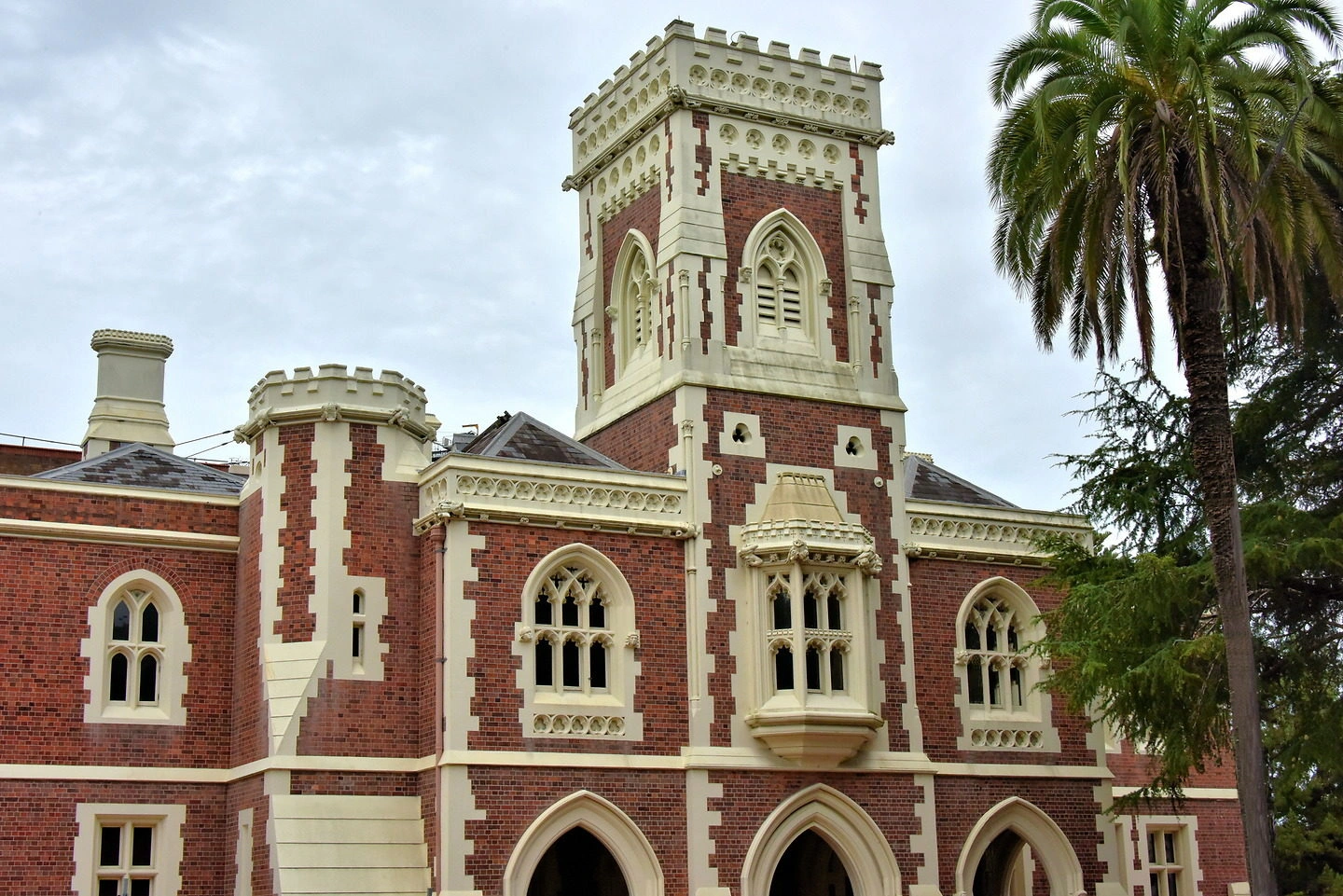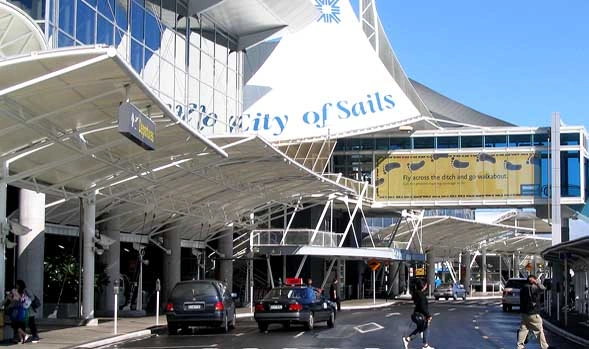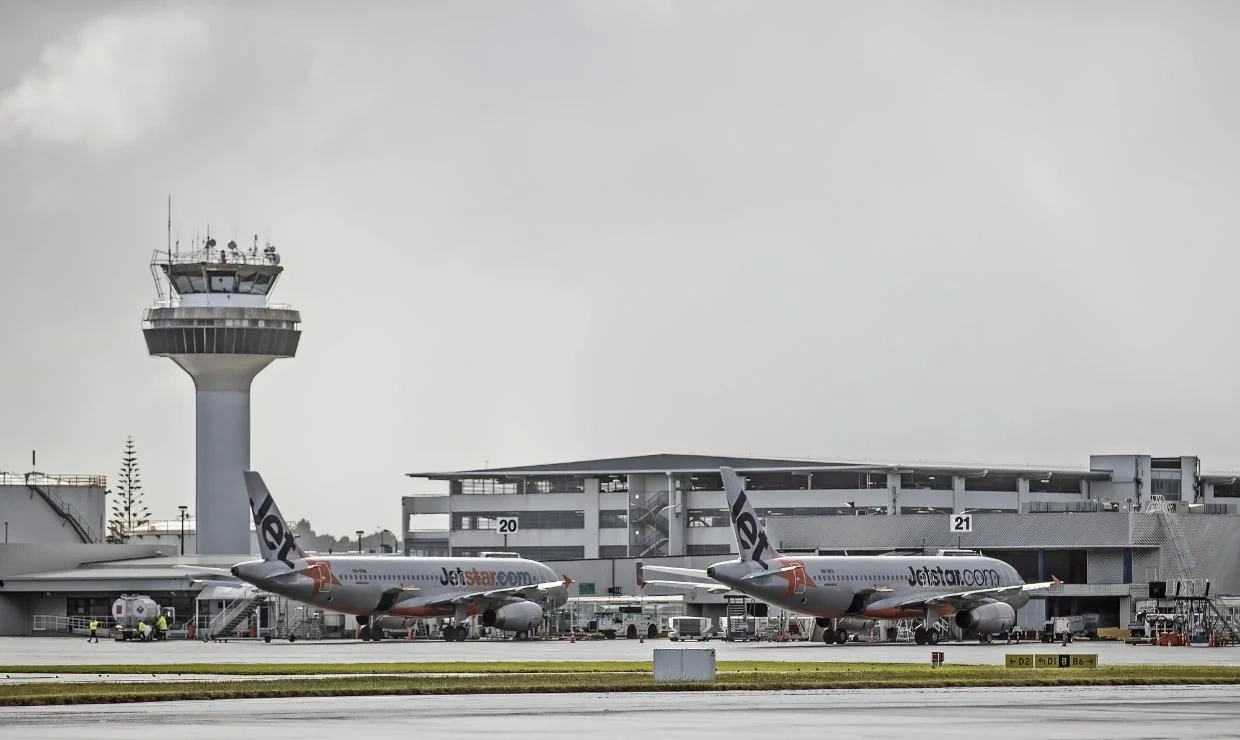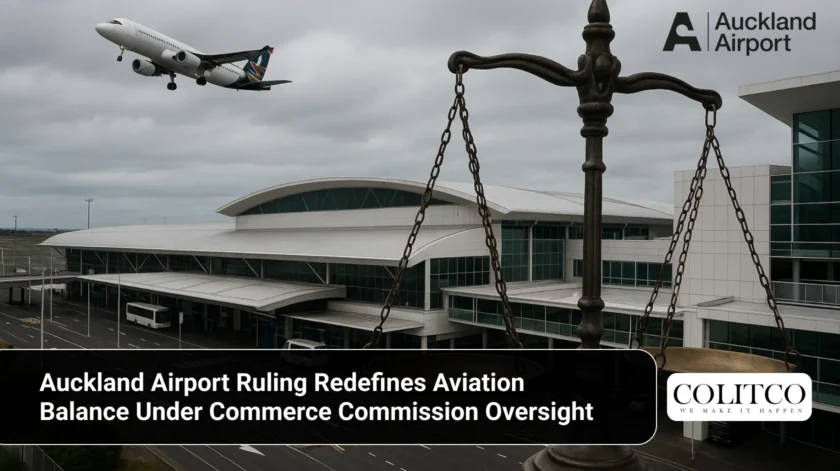The Auckland Airport (ASX: AIA) was already aware of the High Court decision regarding the judicial overview of the Commission’s airport pricing and other Airport Services input methodologies (IM Review 2023) Amendment Determination. The ruling was a result of legal measures by Air New Zealand, Qantas, and the Board of Airline Representatives New Zealand.
The High Court has issued its ruling, and the airlines will not be granted any relief in their disputes concerning the Commerce Commission’s airport pricing rules, as well as those related to the Commission’s prices for goods and services at airports. This decision is crucial to the revision of the airport regulatory framework at Auckland, hence giving the regulators more confidence in the Commission’s approach under the Auckland Airport regulation update framework.

Auckland Airport acknowledges High Court ruling on Commerce Commission pricing review.
What Did the High Court Decide On The Review?
The Court pointed out that the technical issues which the airlines had brought up would have to go through the merits review appeal process of the existing system, not the judicial review. This indicates that the airport pricing scheme set up by the Commerce Commission is still in effect and can be legally enforced as part of the ongoing Auckland Airport regulation update.
Auckland Airport said the focus of the airlines’ argument was the methods used to determine the airport’s pre-tax rate of return. The Court, however, decided that the issue is part of the separate merits review appeal, which has already been filed with the High Court and is waiting to be dealt with under the Auckland Airport cost of capital ruling.
Why Does the Commerce Commission Airport Pricing Decision Matter?
The High Court ruling is a further endorsement of the already existing New Zealand regulatory system and is especially true for the major transport infrastructures. For investors and airlines, it gives them a certainty of the ways in which airport charges will be assessed and regulated, through the Commerce Commission’s airport pricing framework.
The framework for airport pricing set up by the Commerce Commission provides the basic conditions on pricing and revenue distribution. A ruling in that way, therefore, keeps the system safe from regulatory uncertainty and long continuous disputes. This also aligns with the long-term Auckland Airport regulation update objectives to ensure fair practices and stability.

Auckland Airport Regulation Update Strengthens Investor Confidence
Auckland Airport acknowledged the High Court ruling and stated that it will continue to await the decision on the separate appeal concerning the airport’s cost of equity. The hearing, which was put forth by regulated airports and the New Zealand Airports Association, was wrapped up in February 2024 and ties into the broader Auckland Airport regulation update.
Investors interpret this as a favourable update with regard to the regulation of Auckland Airport, as it indicates the possibility of legal clarity and stability. The airport’s commitment to being clear about its operations and complying with regulations is continuously facilitating long-term infrastructure investment and, consequently, economic growth, reinforcing confidence in the Commerce Commission airport pricing system.
How Does the Cost Of Capital Ruling Affect the Industry?
The ruling on the Auckland Airport cost of capital ruling has far-reaching effects on the aviation industry. A clear regulatory framework that is confirmed will thus cut down on any future disputes over the pricing of and funding for infrastructure upgrades.
Airlines might be unhappy with the ruling, but they still have the option of making their case through the separate appeal process. Analysts in the industry think it will help in setting up a system where airport profitability is balanced with fair airline charges, all this under the supervision of the Commerce Commission, the airport pricing authority.

Auckland Airport ruling balances profitability and fairness under Commerce Commission oversight.
What Happens Next For Auckland Airport And the Appeal?
Auckland Airport is currently waiting to hear from the High Court regarding the merits review appeal. The determination of this process will lead to an affirmation or a reversal of the existing method for calculating the cost of capital for regulated airports, along with necessary adjustments, if any, under the ongoing Auckland Airport cost of capital ruling.
The company has made it clear that it will continue to engage with the Commerce Commission, airlines, and government stakeholders constructively. Its main concern is to secure a sustainable and competitive aviation market for New Zealand in accordance with the Auckland Airport regulation update and Commerce Commission airport pricing frameworks.
Also read: Amazon Pours $4.4 Billion Into New Zealand: A Cloud Revolution Begins
FAQs
- What was the High Court’s main issue in the decision?
The case questioned the methodology used by the Commerce Commission’s airport pricing system, mainly concentrating on the method used to arrive at the airport’s cost of capital.
- Was the High Court’s decision advantageous to Auckland Airport?
The Court’s decision was that way. The judicial authority did not allow the airlines any relief, and thus, the Commission’s pricing methodology was implicitly approved under the Auckland Airport regulation update.
- What is the future of the capital cost appeal?
The merits review appeal has been conducted, and Auckland Airport is now just waiting for the final ruling under the Auckland Airport cost of capital ruling.
- What does this ruling mean for investors in terms of importance?
It is a source of legal certainty, a regulator’s ally, and a factor in the future of airport infrastructure investment, perhaps even a trust builder for the Commerce Commission’s airport pricing framework.












